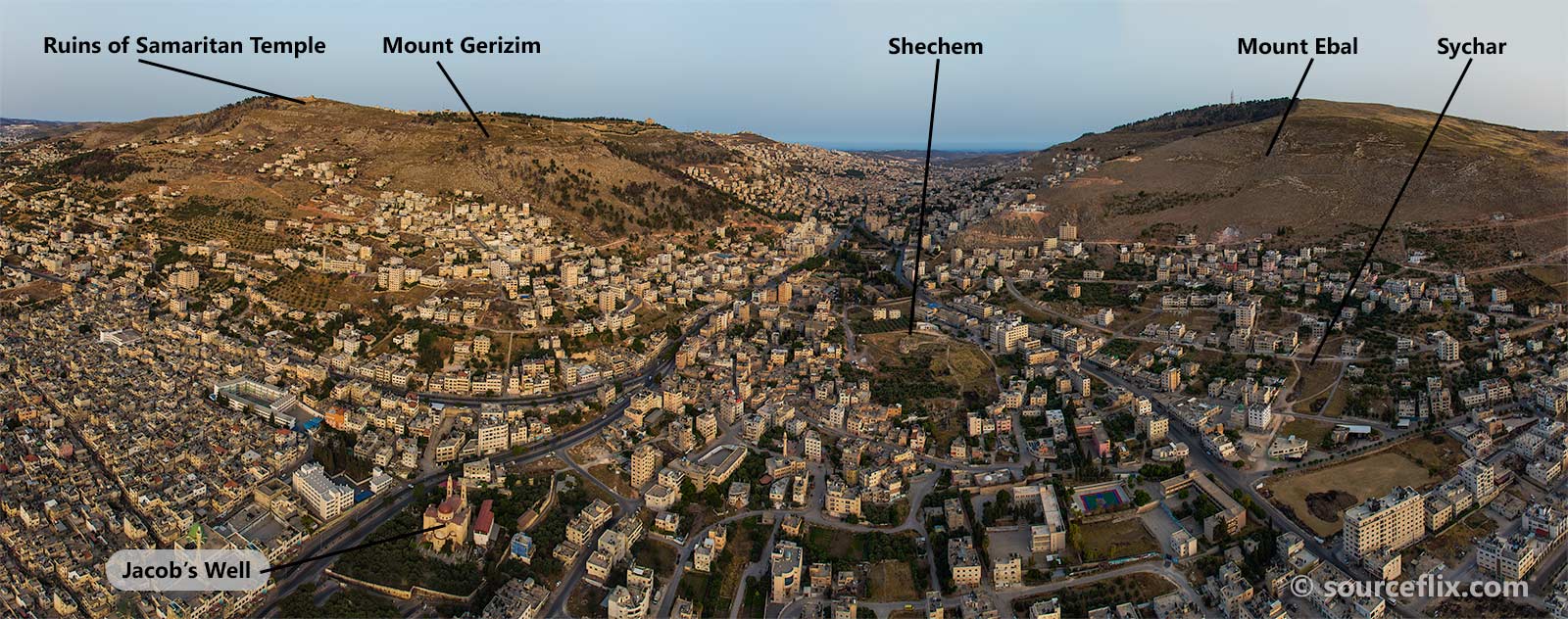Helpful Info
Still didn't find the answer you are looking for?
Have You...?
Resources
Below are resources you can watch to prepare for our trip.
As one of our tour participants, you can download any or all of these resources for free.
(We would ask you not to freely share these download links with others, as there is normally a cost to buy them)
Over 4,000 years of history have played out on this one particular spot, a location specifically chosen by God to accomplish His sovereign purposes.
The Bible calls us "sheep". As sheep we have the ability to follow and obey or to turn our own way. However, going our own way is to our disaster.
This video short gives you a bird's-eye view of some of the tels of the ancient Biblical cities scattered throughout Israel.
"Today, if you hear his voice, do not harden your hearts." (Heb. 4:7) This verse quotes Psalm 95:7-8, "For he is our God and we are the people of his pasture, the flock under his care. Today, if you hear his voice, do not harden your hearts..."
The Old City is a no fly zone. However, we received special permission and had one take at flying over the Old City. We couldn't see what the camera saw due to a monitor malfunction, but here is what we captured.
The oldest inscription of the name "Yahweh" is found on a pillar in the temple of Amenhotep III in Upper Egypt (modern day Sudan). Listen to Joel teaching about the profound significance of this inscription and the name, "Yahweh".
He is the Potter, I am the clay. And what is the outcome of yielding myself to His care, His control, His concentration, His pressure? It is His delighted satisfaction! May you be blessed as you yield to the Potter, your Master Creator.
The topography of this biblical area as it was in the time of Abraham: ridges, valleys and hills which have changed very little over several thousand years and which are the landscapes for the stories of Abraham and Isaac, King David and Christ.
As you watch, ponder the metaphor of our human souls as sheep needing the care of a shepherd. Let the visuals and scriptures help you see more clearly your relationship with "our Lord Jesus, that great Shepherd of the sheep". (Hebrews 13:20)
The Elah Vally Panorama
The valley where David fought Goliath
The City of Shechem Panorama
The place where Jesus talked to the Samaritan woman at Jacob's Well.






